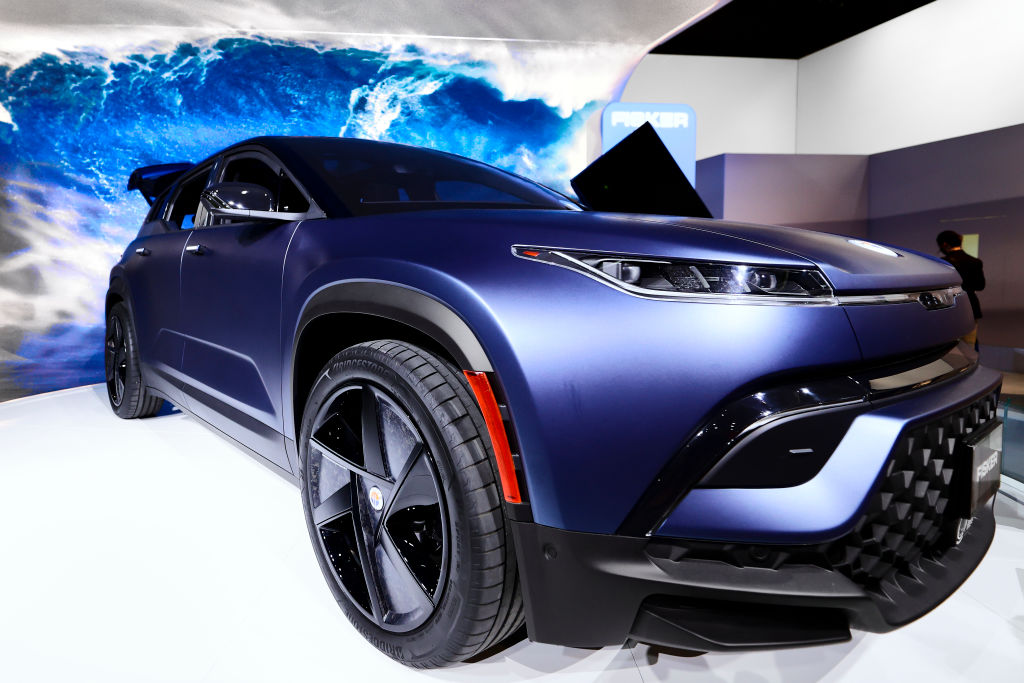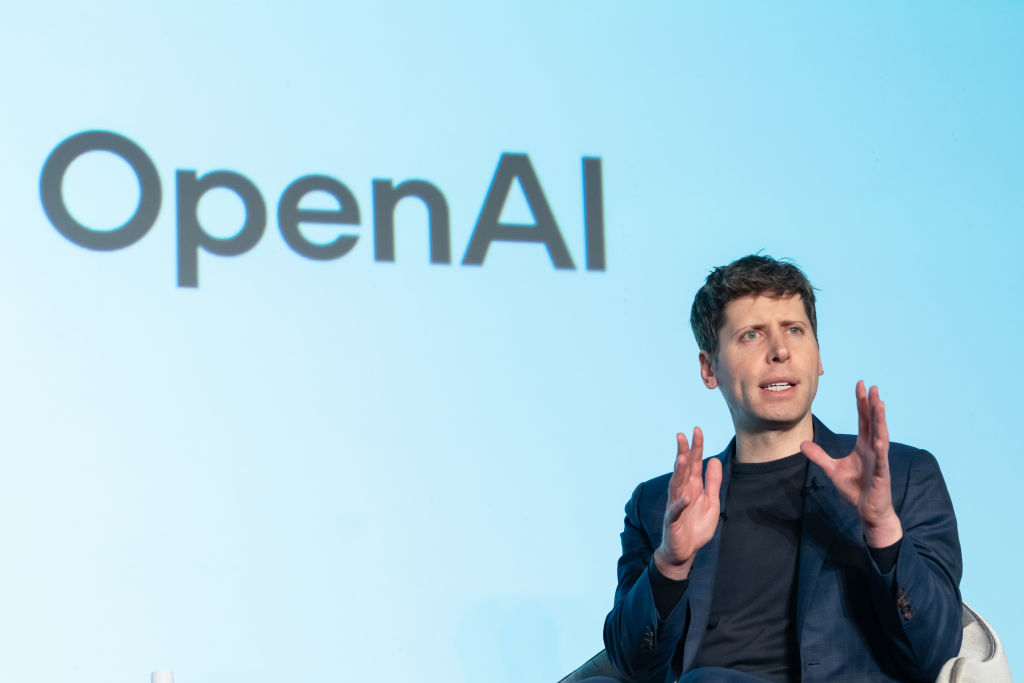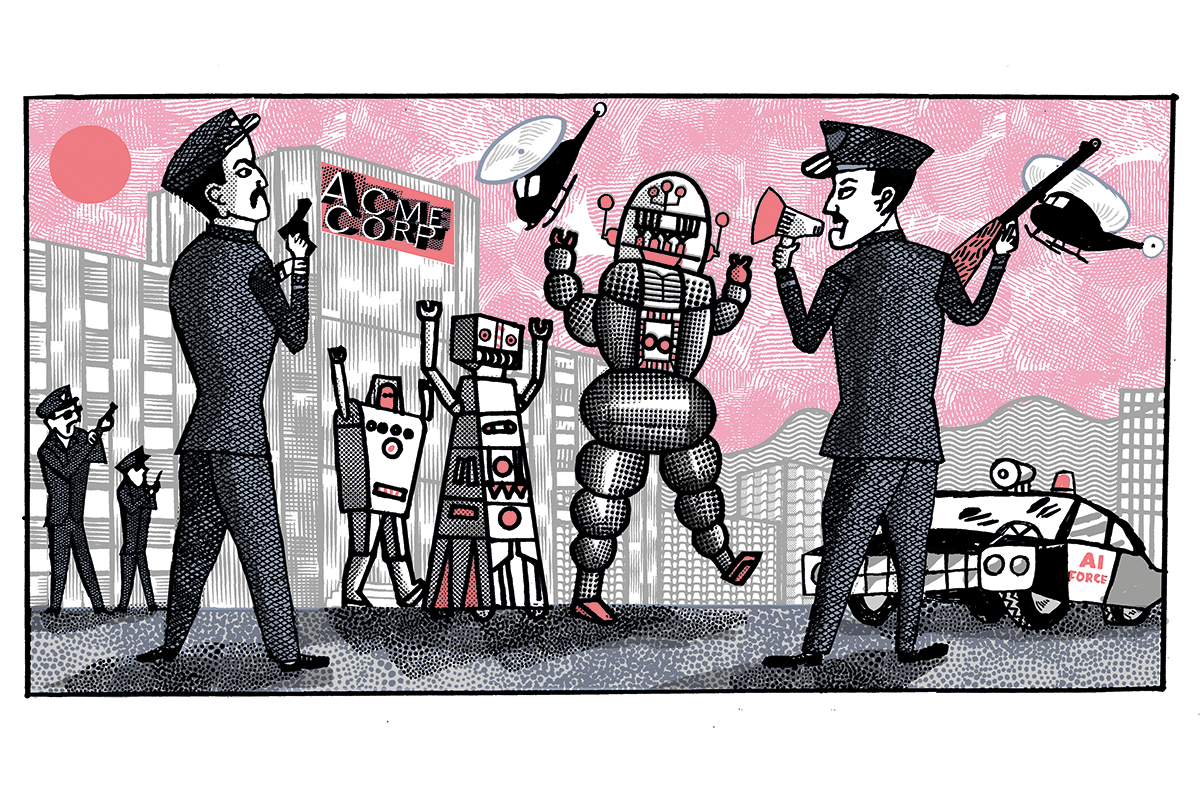After spending over $10 billion, screwing over corporate partners, hiring and firing talent and a decade of work trying to develop a flagship product for a new, massive market, Apple has killed what could have been its most ambitious product yet: an electric car.
Its death comes with no announcement, for Apple never officially acknowledged “Project Titan” existed, but Mark Gurman of Bloomberg reported Tuesday that its 2,000-person team had been shifted to other projects. But its demise is surprising because Apple rarely gives up on big projects, and because of just how much time and money had been spent on it.
As Tripp Mickle — who reported in the project in his excellent book, After Steve — wrote in the New York Times, the project has been a total disaster for years, and employees knew it. Over time, they called it “the Titanic disaster.”
The project started in 2014, when Google’s self-driving car prototypes appeared to be a big deal, self-driving tech looked like the near future and Apple had many incentives to jump into the pond. Apple had more than $150 billion in cash, cars are a massive market and they needed to stay ahead of competitors. Plus, the company was still primarily dependent on the iPhone and feared a future where every car used Google software and the iPhone wasn’t compatible.
The pitch was premium, a fully self-driving, $100,000 electric car to compete with Tesla, a company Apple had once considered purchasing and would be their chief competitor. Per Tripp’s piece, Apple’s design guru Jony Ive designed “a car that would look like a European minivan such as the Fiat Multipla 600, which has a half-dozen windows and a curving roof,” with the focus squarely on interior comfort and space. It would have no steering wheel, controlled instead through Siri (dear God), and up until recently, Apple continued to quietly test their self-driving tech in Lexus test cars driving around California. It promised innovations in design, battery tech, and perhaps even the use of augmented reality technology on the windows. Wow.
Over time though, the team learned that electric cars are super hard to make, self-driving is even harder and the EV market was probably not as big as they were hoping anyway. They had massive turnover in their teams — and having poached a lot of top talent from car manufacturers, those brands were then unwilling to assist in manufacturing Apple’s car. Gradually ambitions reduced, annoying Ive, and production seemed no closer. All of this just put them at odds with other automakers, to whom they were simultaneously trying to sell their in-car CarPlay software.
And so, on Tuesday, the project finally died. Apple has decided to move the remaining 2,000-person team to work on generative AI, a field with similarly questionable current financial viability and a lot of hype.
The failure of the electric vehicle project singularly reflects the culture and hubris of Apple — a company that screams about its innovative, first-mover mentality while almost exclusively following what others started. But it also underlines that the promise of the Silicon Valley EV future has largely been a pipe dream. If you look at the past ten years and compare the record of electric car startups with that of traditional automakers, there’s a lot more press for the former, but the latter has been far more successful, only really tripping when they tried to match the EV startups.
Tesla has consistently got less ambitious, successful and competitive and their cars remain terribly built and difficult to get replacement parts for. The most impressive startups, Rivian and Lucid, are a small dint in the market, and their long-term viability remains questionable. The Chinese EV scene is enormous, now outselling Tesla, but these firms are heavily propped up by Chinese debt, mostly just sold locally, and cannot truly fail due to the CCP control of them. Chinese cities now have EV graveyards.
Aside from Tesla, the most successful electric car company is the Croatian company Rimac; not because of their Nevera hypercar, but because they sell parts to traditional manufacturers such as Porsche and Volkswagen. Henrik Fisker’s first self-titled company died, and his new Fisker Inc. is struggling with serious reliability issues. Vinfast is even worse, though that situation is a little more complex. Canoo is delayed. Telo is a render. Lordstown is dead. And the founder of hydrogen truck company Nikola is currently in prison for fraud.
These companies sold retail investors a dream of making technology startups out of car companies, and ended up with the insane valuations to reflect that, but have produced comparatively little value in the here and now, learning the hard way that it’s really difficult to make a production car. Meanwhile, established automakers are slowing their embrace of the EV space. Toyota long delayed its engagement in electric, focusing on hybrids when others put out EVs, making them seem old-fashioned and behind the curve; but today, as manufacturers across the board slow down EV production, electric Ford trucks sit unsold in lots, dealers revolt against new EV integrations and demand for hybrids continues to climb, perhaps they were the ones worth listening to.


























Leave a Reply